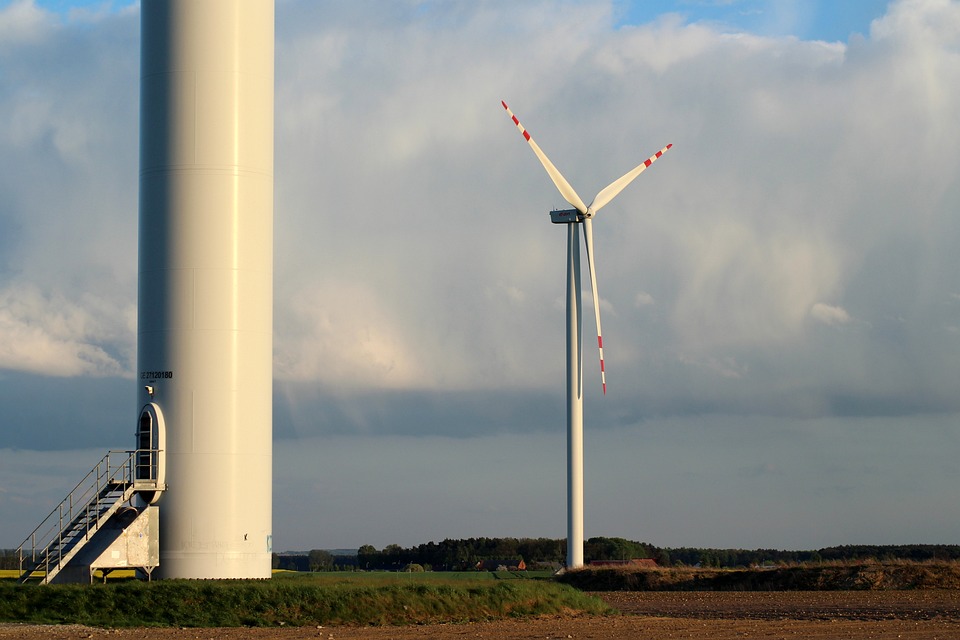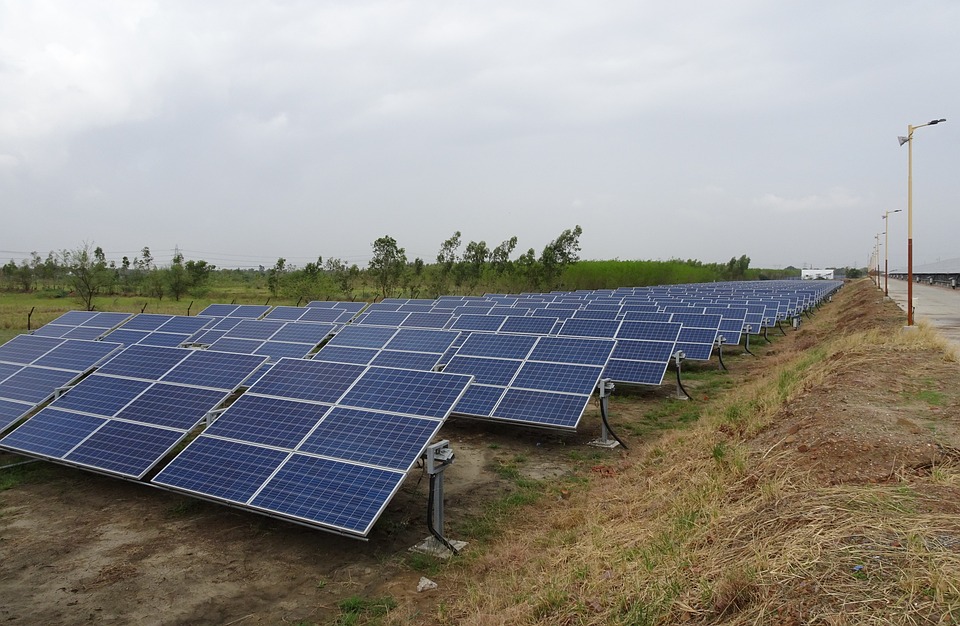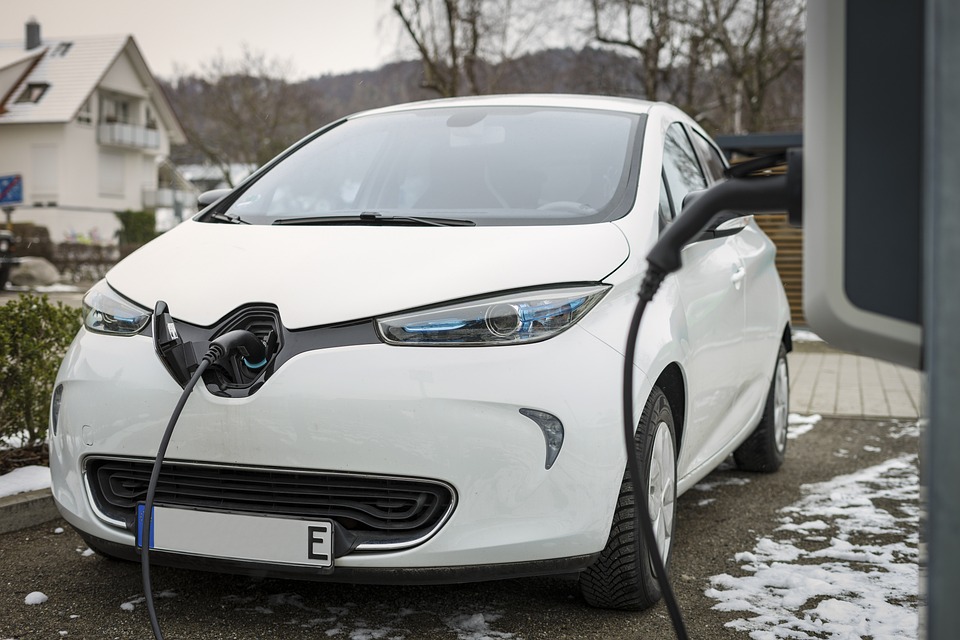[ad_1]
Renewable Energy Policies: Empowering Communities and Reducing Energy Poverty
Introduction
Renewable energy sources, such as solar, wind, and hydroelectric power, have gained considerable attention and importance in recent years due to their environmental benefits and potential to mitigate climate change. In addition to their positive impact on the environment, renewable energy policies have the potential to empower communities and reduce energy poverty by providing clean, affordable, and reliable energy sources. This article will explore the role of renewable energy policies in empowering communities and reducing energy poverty, and how these policies can be implemented to achieve these goals.
Empowering Communities through Renewable Energy Policies
Renewable energy policies have the potential to empower communities in several ways. Firstly, the implementation of renewable energy projects at the community level can create jobs and stimulate economic growth. According to the International Renewable Energy Agency (IRENA), the renewable energy sector employed 11.5 million people worldwide in 2019, with the potential to create millions more jobs in the coming years as the sector continues to grow.
Furthermore, renewable energy projects can provide local communities with a reliable and decentralized source of energy, reducing their dependence on centralized energy grids and fossil fuels. This can lead to greater energy security and independence, particularly in rural and remote areas where access to electricity is limited. In addition, renewable energy projects can also provide communities with an opportunity to generate their energy, reducing their reliance on external energy suppliers and lowering their energy costs.
In addition to economic and energy security benefits, renewable energy projects can also empower communities by providing them with a stake in the energy transition. Community-owned renewable energy projects, such as community solar or wind farms, allow local residents to become active participants in the energy sector and share in the economic benefits of renewable energy generation. This can lead to a greater sense of ownership and pride in the local energy infrastructure, as well as increased community cohesion and engagement.
Reducing Energy Poverty through Renewable Energy Policies
Energy poverty, defined as a lack of access to modern energy services such as electricity and clean cooking facilities, is a significant challenge faced by millions of people worldwide. According to the International Energy Agency (IEA), around 789 million people still lack access to electricity, with a significant portion of these individuals residing in developing countries. Renewable energy policies have the potential to play a crucial role in reducing energy poverty by providing affordable, clean, and reliable energy sources to underserved communities.
One of the main ways in which renewable energy policies can reduce energy poverty is by expanding access to electricity in rural and remote areas. Off-grid and mini-grid renewable energy solutions, such as solar home systems and small-scale wind turbines, can provide a cost-effective and sustainable means of electrifying remote communities that are not connected to the central grid. This can improve the quality of life for residents by providing them with essential energy services for lighting, communication, and productive uses, such as powering small businesses or agricultural machinery.
Furthermore, renewable energy policies can also contribute to reducing energy poverty by lowering energy costs for low-income households. By promoting the adoption of energy-efficient technologies and incentivizing the deployment of renewable energy systems, such as rooftop solar panels, governments can help reduce the financial burden of energy expenses on vulnerable communities. This can free up household income for other essential needs and improve the overall well-being of families living in energy poverty.
Implementation of Renewable Energy Policies
The successful implementation of renewable energy policies to empower communities and reduce energy poverty requires a comprehensive and integrated approach that takes into account the specific needs and circumstances of each region. Some key policy measures that can be implemented to achieve these goals include:
1. Incentives and subsidies for renewable energy deployment: Governments can provide financial incentives, such as tax credits and grants, to encourage the adoption of renewable energy technologies at the community level. These incentives can help offset the upfront costs of renewable energy projects and make them more accessible to communities, particularly those with limited financial resources.
2. Community-based renewable energy programs: Governments can support the development of community-owned renewable energy projects by providing technical assistance, financing, and regulatory support. By empowering local communities to take ownership of renewable energy projects, governments can ensure that the economic benefits of these projects are shared equitably among residents and contribute to local development.
3. Capacity building and skills training: To ensure the successful implementation and maintenance of renewable energy projects, governments can invest in capacity building and skills training programs for local communities. This can help create a skilled workforce for the renewable energy sector and empower communities to take an active role in the operation and management of their energy infrastructure.
4. Energy access targets and monitoring: Governments can set ambitious targets for expanding access to modern energy services, particularly in underserved areas, and monitor progress towards these targets to ensure that the benefits of renewable energy reach those in need. Regular monitoring and evaluation can help identify gaps and challenges in the implementation of renewable energy policies and inform corrective measures to address them.
Furthermore, international cooperation and support can play a crucial role in accelerating the deployment of renewable energy projects in developing countries and promoting the transition towards sustainable and inclusive energy systems. Initiatives such as the Sustainable Energy for All (SEforAll) and the United Nations Sustainable Energy for All (UNSEforAll) can provide valuable resources and technical assistance to countries seeking to expand access to clean and affordable energy solutions.
Frequently Asked Questions
Q: How can renewable energy policies benefit low-income communities?
A: Renewable energy policies can benefit low-income communities by providing them with clean, affordable, and reliable energy sources that can reduce their energy costs and improve their quality of life. In addition, renewable energy projects can create job opportunities and stimulate economic growth in underserved areas, contributing to poverty reduction and sustainable development.
Q: What are some examples of successful community-owned renewable energy projects?
A: Community-owned renewable energy projects are becoming increasingly popular around the world, with examples such as the Freiburg Solar Settlement in Germany, the Güssing Renewable Energy Community in Austria, and the Ta’u Solar Microgrid in American Samoa. These projects demonstrate how local communities can take ownership of their energy infrastructure and benefit from the economic and social advantages of renewable energy generation.
Q: How can renewable energy policies help address energy poverty in developing countries?
A: Renewable energy policies can help address energy poverty in developing countries by expanding access to electricity in remote and underserved areas, reducing energy costs for low-income households, and promoting the adoption of energy-efficient technologies. By providing clean and affordable energy solutions, renewable energy policies can improve the well-being and economic opportunities of people living in energy poverty.
Q: What are the main barriers to the implementation of renewable energy policies in developing countries?
A: The main barriers to the implementation of renewable energy policies in developing countries include limited access to financing and technical expertise, regulatory and policy constraints, and inadequate infrastructure and institutional capacity. Overcoming these barriers requires a multi-faceted approach that involves collaboration between governments, international organizations, and the private sector to develop tailored solutions that address the specific challenges faced by each country.
Conclusion
Renewable energy policies have the potential to empower communities and reduce energy poverty by providing clean, affordable, and reliable energy sources that can improve the well-being and economic opportunities of people worldwide. Through the implementation of targeted policy measures, such as incentives for renewable energy deployment, community-based renewable energy programs, and capacity building and skills training, governments can accelerate the transition towards sustainable and inclusive energy systems and ensure that the benefits of renewable energy reach those in need. International cooperation and support can play a crucial role in supporting developing countries in their efforts to expand access to clean and affordable energy solutions and promote the transition towards a more sustainable and equitable energy future. By harnessing the potential of renewable energy, we can empower communities and reduce energy poverty, contributing to a more prosperous and sustainable world for all.
FAQs
Q: How can renewable energy policies benefit low-income communities?
A: Renewable energy policies can benefit low-income communities by providing them with clean, affordable, and reliable energy sources that can reduce their energy costs and improve their quality of life. In addition, renewable energy projects can create job opportunities and stimulate economic growth in underserved areas, contributing to poverty reduction and sustainable development.
Q: What are some examples of successful community-owned renewable energy projects?
A: Community-owned renewable energy projects are becoming increasingly popular around the world, with examples such as the Freiburg Solar Settlement in Germany, the Güssing Renewable Energy Community in Austria, and the Ta’u Solar Microgrid in American Samoa. These projects demonstrate how local communities can take ownership of their energy infrastructure and benefit from the economic and social advantages of renewable energy generation.
Q: How can renewable energy policies help address energy poverty in developing countries?
A: Renewable energy policies can help address energy poverty in developing countries by expanding access to electricity in remote and underserved areas, reducing energy costs for low-income households, and promoting the adoption of energy-efficient technologies. By providing clean and affordable energy solutions, renewable energy policies can improve the well-being and economic opportunities of people living in energy poverty.
Q: What are the main barriers to the implementation of renewable energy policies in developing countries?
A: The main barriers to the implementation of renewable energy policies in developing countries include limited access to financing and technical expertise, regulatory and policy constraints, and inadequate infrastructure and institutional capacity. Overcoming these barriers requires a multi-faceted approach that involves collaboration between governments, international organizations, and the private sector to develop tailored solutions that address the specific challenges faced by each country.
[ad_2]



